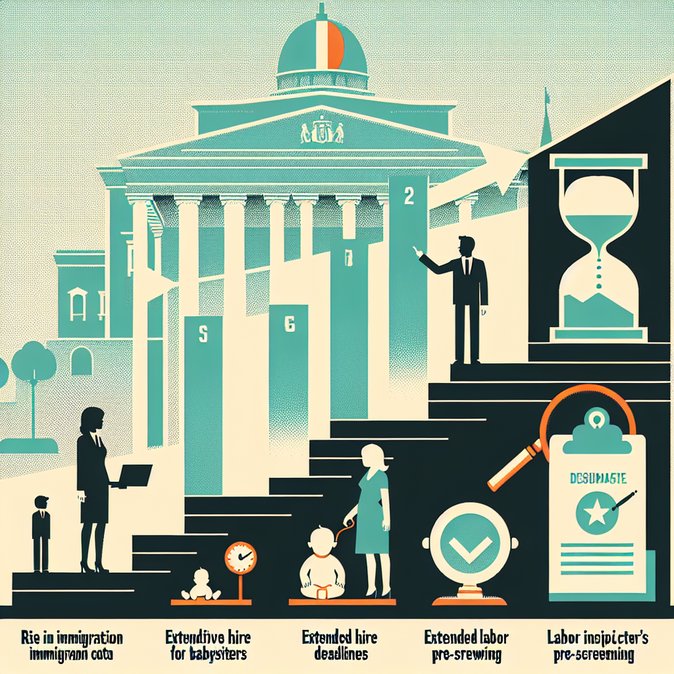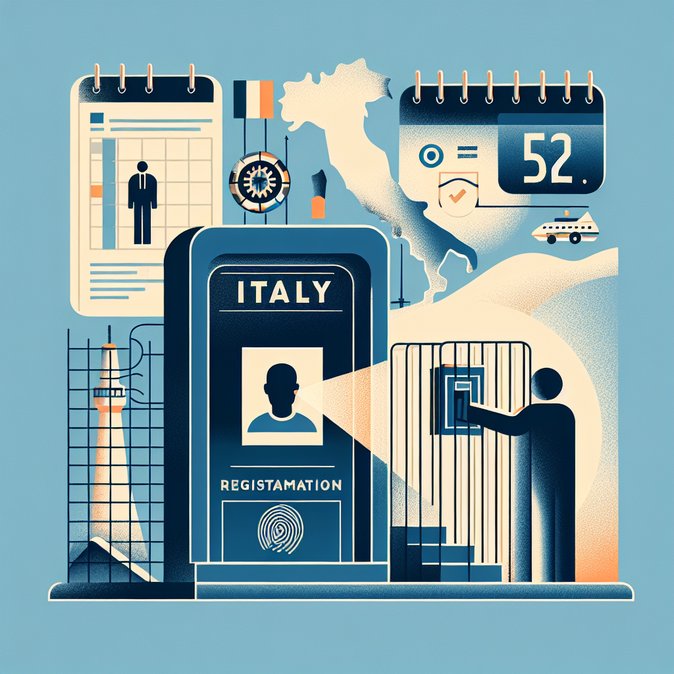
Travellers arriving in Italy this week are meeting a glimpse of Europe’s future border architecture. According to industry briefings circulated on 18 November, passport officers at major Italian airports and seaports have begun live testing of the EU Entry/Exit System (EES). The biometric kiosks capture facial images and fingerprints, replacing passport stamps for non-EU visitors staying up to 90 days.
The pilot is deliberately low-key: only selected flights and ferries are funnelled into the new gates, but airlines are advising passengers to allow extra time at baggage reclaim while officers familiarise themselves with the equipment. Frequent flyers should note that once EES goes fully live across the bloc, each third-country national will have a single, automatically calculated 90/180-day clock, eliminating manual error but also enforcing overstays more rigorously.
![Italy Pilots EU Entry/Exit System, Updates Tourist-Entry Rules Ahead of ETIAS Launch]()
Italy’s Interior Ministry is meanwhile refreshing guidance for carriers and ground-handlers. A circular circulated this week reiterates that passports must be valid three months beyond departure, hold two blank pages, and be presented together with proof of medical cover if a visa is required. Consulates have been told to scrutinise supporting documents more tightly and to enforce the in-person biometric capture already mandated by Decree-Law 145/2024.
Looking further ahead, officials remind visa-free nationals that the separate European Travel Information and Authorisation System (ETIAS) is slated to become mandatory in Q4 2026. The electronic pass will cost €20 and must be obtained before boarding; corporate-travel managers are being urged to update policy documents now so that staff are ready once the exact start date is confirmed.
For businesses, the take-away is clear: build extra time into arrival procedures, begin training travel coordinators on EES kiosks, and alert visa-exempt staff that an ETIAS fee will soon become part of every Italian trip.
The pilot is deliberately low-key: only selected flights and ferries are funnelled into the new gates, but airlines are advising passengers to allow extra time at baggage reclaim while officers familiarise themselves with the equipment. Frequent flyers should note that once EES goes fully live across the bloc, each third-country national will have a single, automatically calculated 90/180-day clock, eliminating manual error but also enforcing overstays more rigorously.

Italy’s Interior Ministry is meanwhile refreshing guidance for carriers and ground-handlers. A circular circulated this week reiterates that passports must be valid three months beyond departure, hold two blank pages, and be presented together with proof of medical cover if a visa is required. Consulates have been told to scrutinise supporting documents more tightly and to enforce the in-person biometric capture already mandated by Decree-Law 145/2024.
Looking further ahead, officials remind visa-free nationals that the separate European Travel Information and Authorisation System (ETIAS) is slated to become mandatory in Q4 2026. The electronic pass will cost €20 and must be obtained before boarding; corporate-travel managers are being urged to update policy documents now so that staff are ready once the exact start date is confirmed.
For businesses, the take-away is clear: build extra time into arrival procedures, begin training travel coordinators on EES kiosks, and alert visa-exempt staff that an ETIAS fee will soon become part of every Italian trip.


